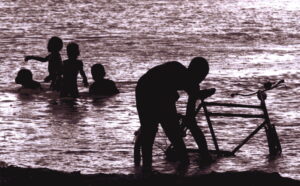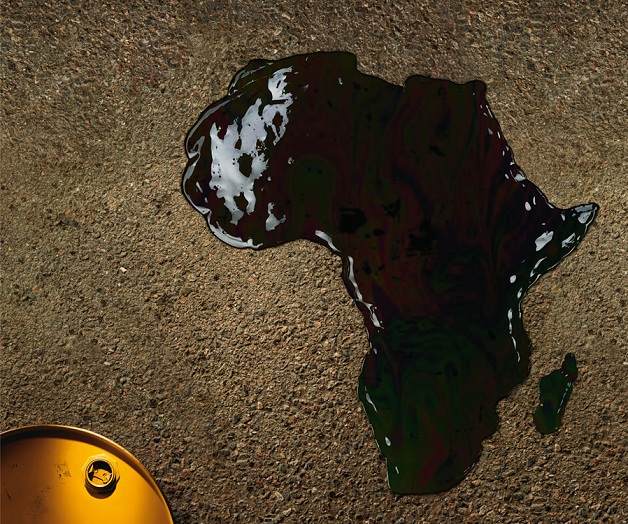"Could Mozambique and Kenya suffer the same fate as Nigeria?"
April 5th, 2012 Several sub-Saharan African countries have recently discovered oil and gas reserves, yet question marks remain over who precisely will benefit from their newfound wealth. Denise Juvane, 19, a student from Mozambique now living in England, reports.
Several sub-Saharan African countries have recently discovered oil and gas reserves, yet question marks remain over who precisely will benefit from their newfound wealth. Denise Juvane, 19, a student from Mozambique now living in England, reports.
With oil and gas seemingly scarce commodities, many developing countries are battling to acquire their fair share.
But is the possession of these resources less a symbol of necessity and more a symbol of power? And who stands to benefit for their possession?
Nigeria is one of the world’s biggest oil exporters, yet the Niger Delta, which produces much of the country’s black gold, is still one of the world’s poorest and under-developed areas.
This raises a question about how developed nations are harnessing natural resources, and what producer nations are receiving in return.
Without dismissing out of hand the outstanding work of oil firms such as Shell in countries such as Nigeria, question marks remain over the distribution of wealth.
Indeed the issue of power is interlinked because it seems as though developed and newly industrialised countries are at times prepared to battle each other for the possession of energy resources.
Following the discovery of oil in the Turkana region of Kenya by Anglo-Irish firm Tullow Oil, in about three year’s time the country is bound to become one of the world’s major new producers.

Neighbouring state Mozambique is perhaps better known as a war-ridden nation turned tourist hotspot, so few would have expected the recent discovery of gas there.
But now energy firms such as US based Anadarko Petroleum and Italy’s Enifrom, as well as companies from countries such as China and Brazil, are said to be interested in investing heavily in the country as a result.
Although it is said that the production and export of gas to markets in Asia will have a substantial positive impact on their economy, is there a danger that Mozambique and Kenya, among other countries, may also suffer the same fate as the Niger Delta?
The answer is yet unclear, but what seems certain is that Africa is headed towards being a new source of power.
…………………………………………………………………………………………………………………
Opinions expressed in this article are those of the author and do not necessarily represent the views of the Commonwealth Youth Programme. Articles are published in a spirit of dialogue, respect and understanding. If you disagree, why not submit a response?
To learn more about becoming a Commonwealth Correspondent please visit: http://www.yourcommonwealth.org/submit-articles/commonwealthcorrespondents/
…………………………………………………………………………………………………………………




